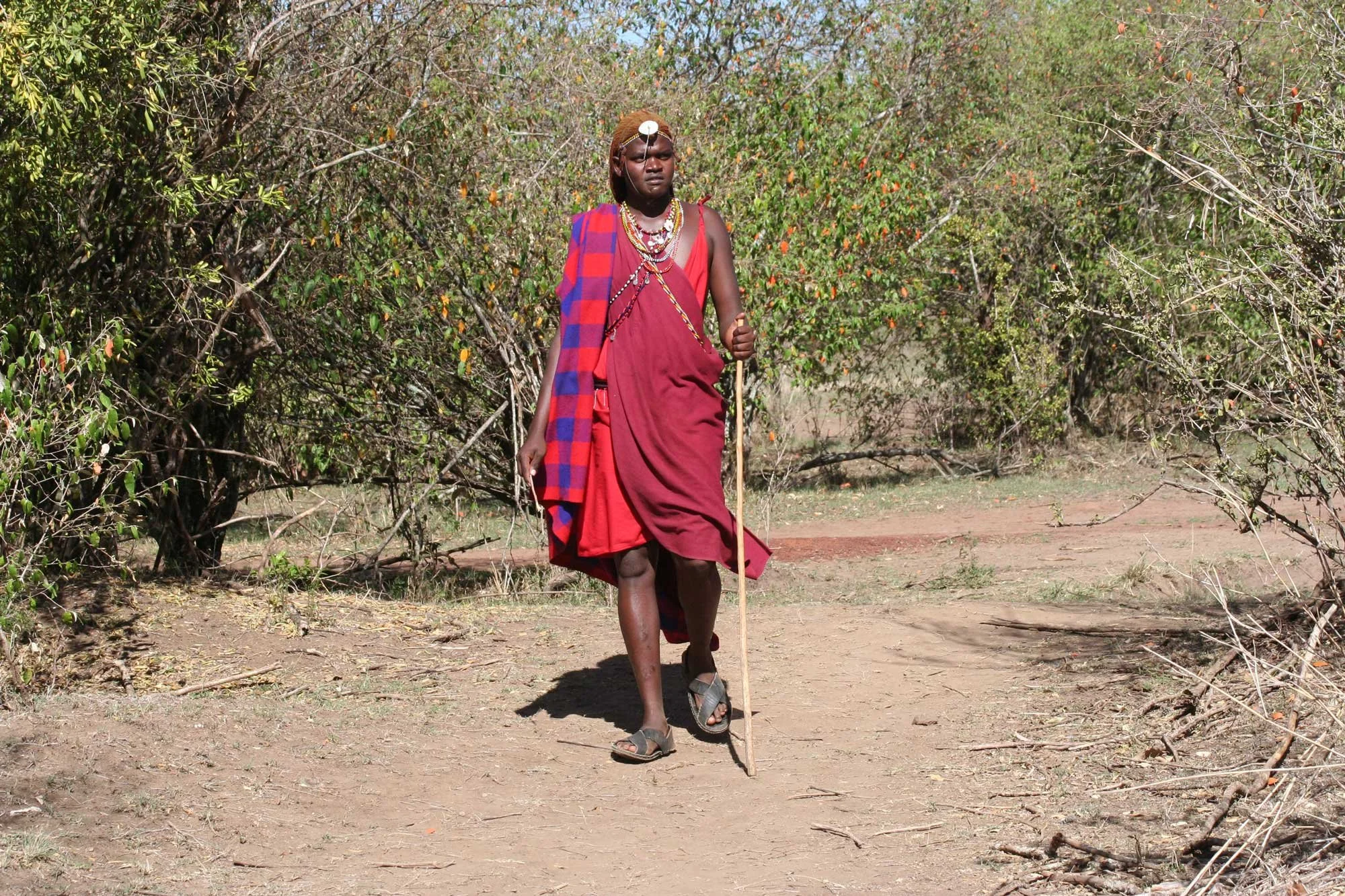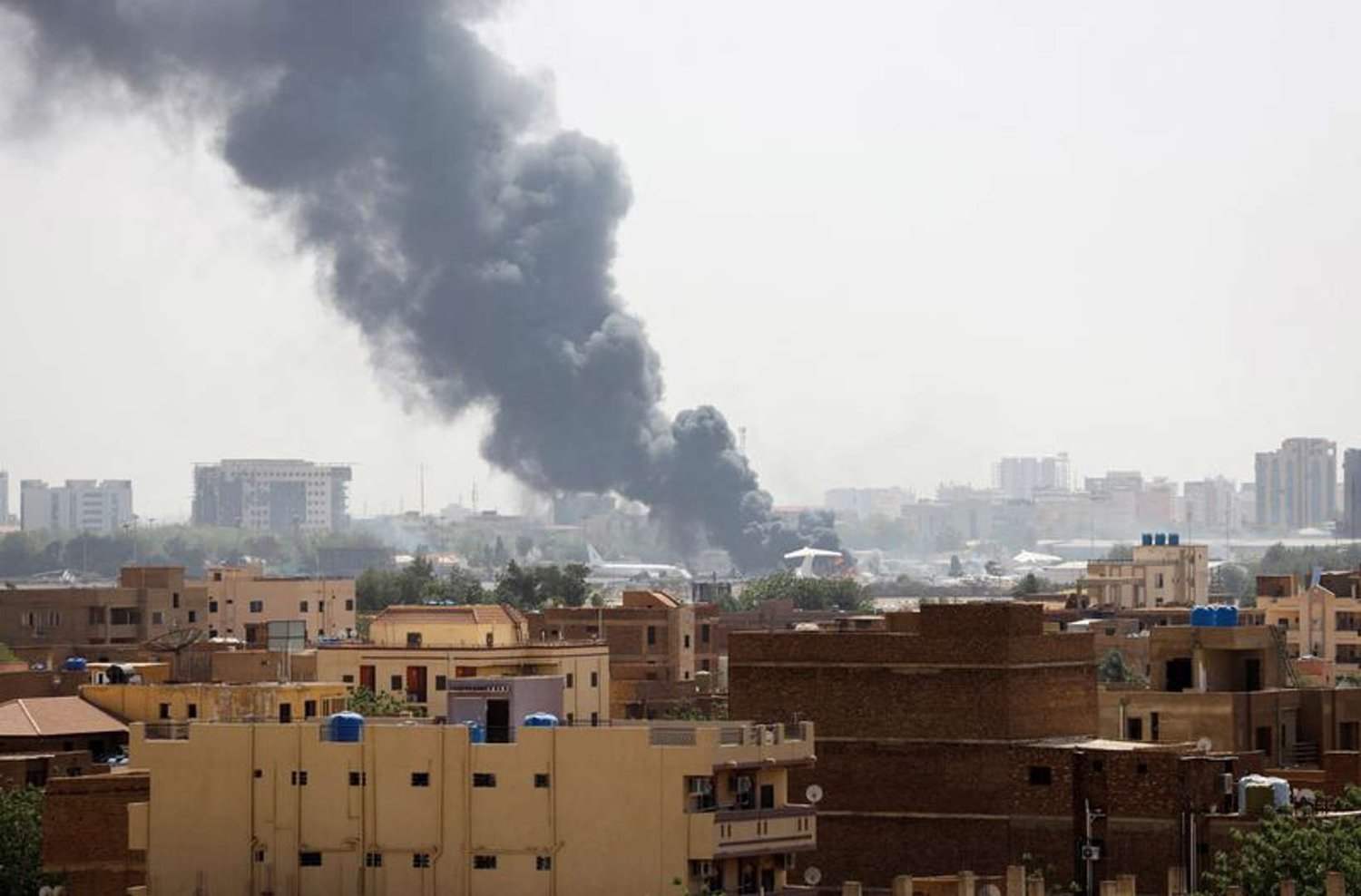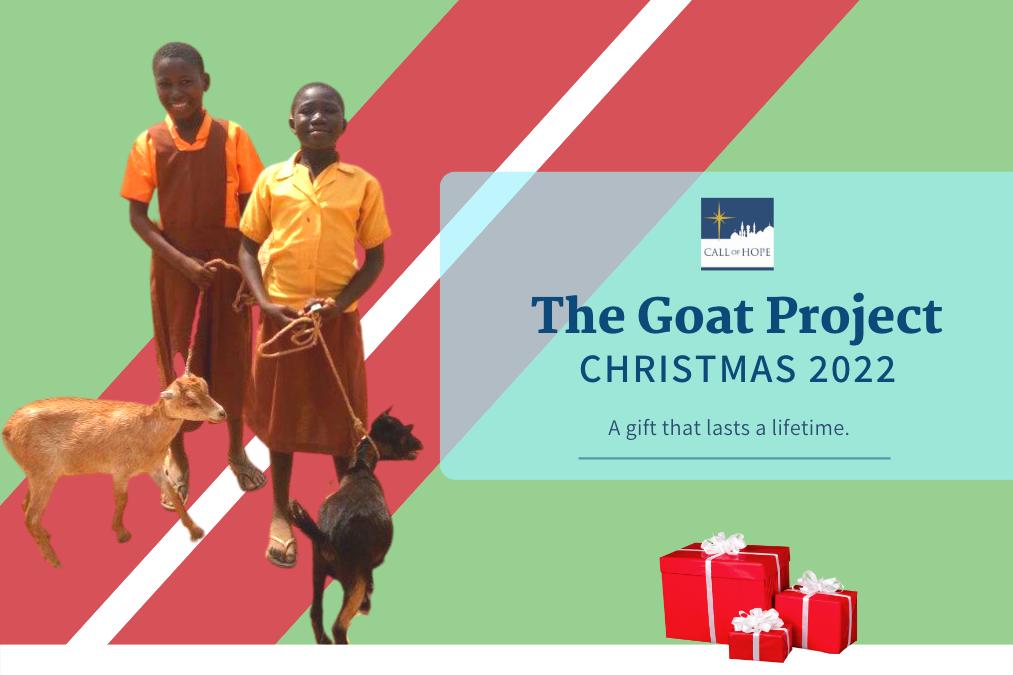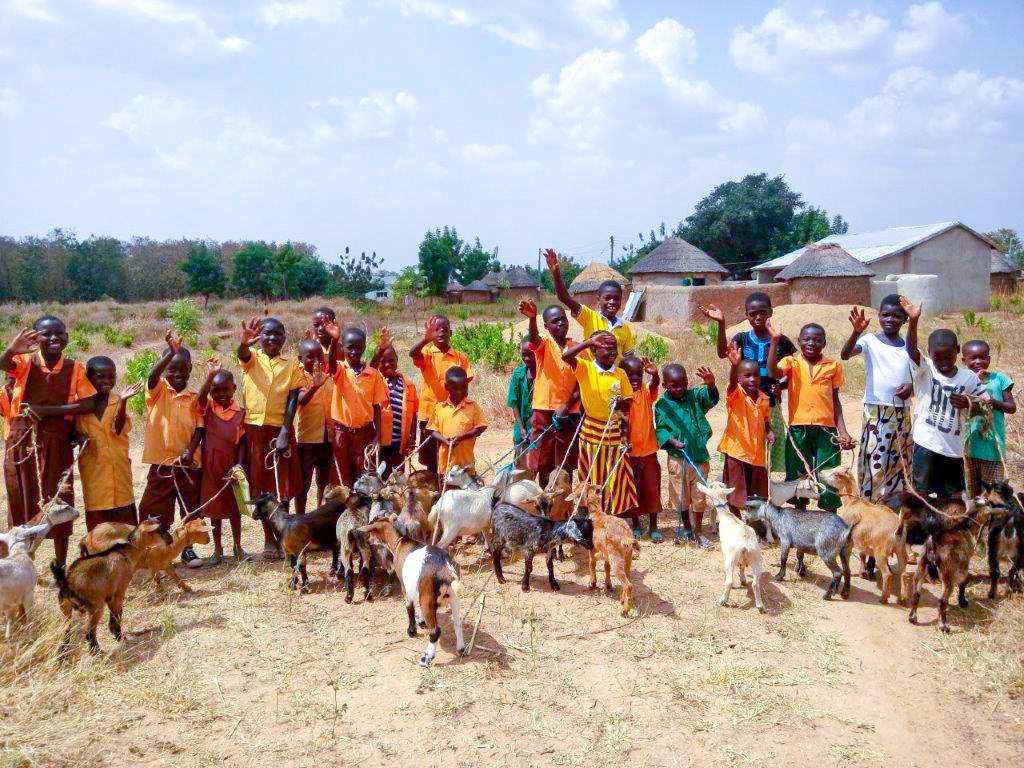Kenya
Kiswahili and English (official languages); African languages (e.g. Oromo)
224,961 sq mi
Area
Languages
Population
Religion
Approximately 53 million
83% Christians, 12% Muslims (sometimes >90% in the north), 5% tribal religions
Life in Kenya
The organization Al-Shabab “Young Warriors of Allah” is determined to cleanse East Africa of Christians and to kill Muslims not following the true Islam of the Qur'an.
They aim to establish a Sharia government in all of East Africa and to conduct a war of terror in Kenya. Kenya is strategically important in Africa for Muslims as a base and target for terror strikes.
Northern Kenya, the epicenter of our work in the nation, is known to be lawless and beyond government influence. Al-Shabab’s control of the region has made it entirely unsafe for foreigners and has in some ways separated it from its southern counterpart. Even our Frontline Workers have said, “coming to Christ from Muslim background is seen as a choice to die.” While still legally the same nation, they see the Qu’ran as their framework for laws, following it strictly. This has made life dangerous for any non-Muslims in the region.
A Little History
The first Muslims appeared in the area that is now Kenya in the 9th century, about 150 years after the death of Muhammad. They were Arab and Persian seafarers, pursuing trade with Arabia, Persia, and India. They settled along the coast and on nearby islands. Pate Island near the northern Kenyan coast was a major Islamic slave trade port in the 17th century.
The Muslim areas of northern Kenya and bordering countries of Somalia and Ethiopia are restricted military regions controlled by Al-Shabab: dangerous, hard to access, and completely without the Gospel of Christ. The Muslim population of Kenya is diverse, including Africans, Asians, and Arabs. Kenya has a significant Muslim population of 20%, including nearly all of northern Kenya.

Our Work in Kenya
Our Call of Hope Frontline Worker in Kenya, Brother Abasi, must travel for days on cattle trucks between cows, camels, and goats to reach secluded Muslim areas. When he arrives, he passes out Call of Hope literature to many curious Muslims who are interested to know more about Christ. For the last two decades Abasi has been meeting and evangelizing with the Muslim population and hundreds have come to faith in Christ. After conversion, Bro. Abasi cares for and disciples converts through literature, personal counseling, and discipleship training.
Bro. Abasi can't meet with every Muslim personally, which is why we created a Bible correspondence course based in Nairobi, Kenya. Letters arrive daily at our Kenyan Call of Hope center from eastern and western Africa, and the Call of Hope team carefully responds to each inquiry to tell more Muslim about the love of Christ!
Simply talking about God's love isn't enough, that is why we also seek to show the love of Christ in tangible ways. In the midst of severe famine and drought, more than 200 tons of corn flour were transported by Call of Hope to the hungry in northern Kenya. Thousands were saved from starvation. Muslims in these completely closed villages know that Bro. Abasi is a follower of Jesus Christ. While the corn flour was being distributed, an elderly woman proclaimed before all the villagers, “Your God, who has sent you, must be a good God – may He bless you!”
Our work includes:
Literature distribution
Schooling for children
Correspondence Bible Courses
Personal Follow-up and Discipleship
Training Evangelists
Church planting initiatives in Muslim Communities
Education assistance
Disaster relief
Humanitarian aid
Call of Hope Projects in Kenya
-
Our award-winning elementary school is in the north of Kenya, an Islamic stronghold controlled by the Al-Shabaab terrorist group. We help teach and train the 620 children.
-
Our 35+ Farmer Evangelists are trained in both agriculture and Christian ministry to go into hostile areas of rural Kenya.
-
The Call of Hope “Goat Project” provides a female goat to Christian families. When the goat produces offspring, they can be sold at market.
-
The heart of our work is the scriptural mission. We distribute numerous evangelistic writings and books in over 40 languages, in which we address the important fundamentals of the Christian faith.
-
The question is not whether the next catastrophe will occur, but when. A great advantage for Call of Hope is that we have co-workers ready to act immediately across the nation.
Stories in Africa
SEE ALL







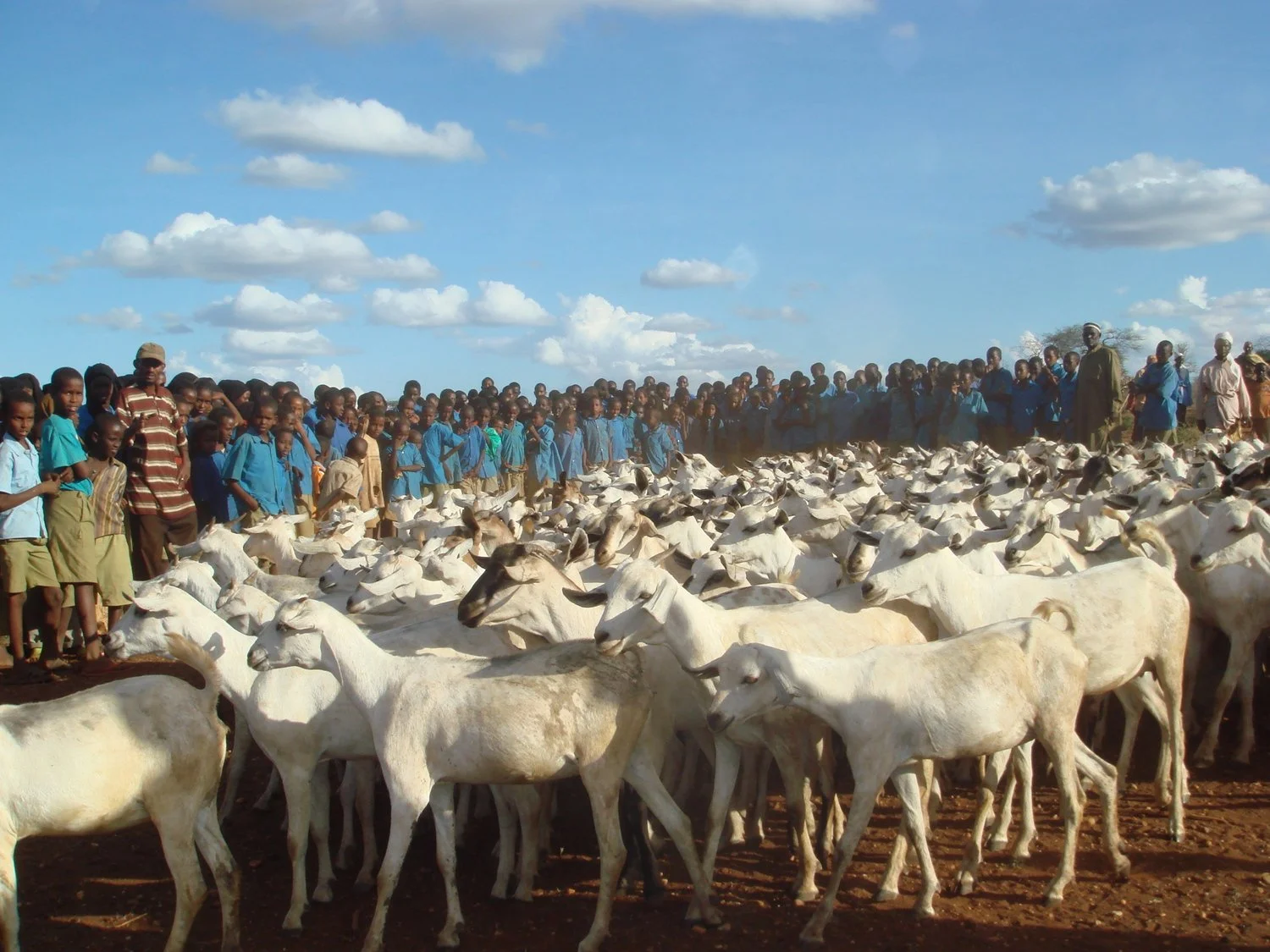

 Donate
Donate